In spite of the Buhari administration’s anti-corruption fight, Nigeria has gone down by five places to rank the 154 position out of 180 countries in the 2021 Corruption Perception Index (CPI) released by the Civil Society Legislative Advocacy Centre (CISLAC) and Transparency International (TI) on Tuesday.
The index, copied to Persecondnews.com, shows that Nigeria scored 24 out of 100 points in the 2021 CPI.
Addressing a news conference in Abuja on the development, the Executive Director of CISLAC, Auwal Ibrahim Musa (Rafsanjani), said seven parameters were used for the ranking called weaknesses as highlighted in the report.
They include Weakness 1: The “Non-Compliance/Internal Control Weaknesses Issues in Ministries, Departmentsand Agencies (MDAs); Weakness 2: Security Sector Corruption; Weakness 3: Failure to Investigate High Profile Corruption Cases and prevent Illicit Financial Flows (IFFs); Weakness 4: Absence of asset recovery, protection of whistle-blowers, and other key anti-corruption legal frameworks.
Others are Weakness 5: Judicial Challenges; There is a need for the Nigerian judiciary to speed up its delivery of judgment; Weakness 6: Corruption in the COVID-19 Response; and Weakness 7: Twitter ban, shrinking civic space and intimidation of human rights defenders.
Rafsanjani said: “Released exclusively in Nigeria by the Civil Society Legislative Advocacy Centre (CISLAC), the National Chapter of TI, the index reveals that Nigeria scored 24 out of 100 points in the 2021 CPI, falling back one point compared to the 2020 CPI.
“In the country comparison for this year, Nigeria ranks 154 out of 180 countries – five places down compared to the 2020 CPI results.
“The CPI aggregates data from 8 (eight) different sources that provide perceptions by country experts and business people on the level of corruption in the public sector.
“While the index does not show specific incidences of corruption in the country, it indicates the perception of corruption in Nigeria. The index is completely impartial, objective and globally acknowledged as the most widely used cross-country parameter for measuring corruption.
“This CPI result comes at a point when the Nigeria as a country is battling with rising nation-wide insecurity, high unemployment rate and damning revelations around public finance management by the auditor general and investigative journalists, amongst others.”
The CISLAC boss explained that the data used for the CPI was not collected by CISLAC/TI-Nigeria or any of their partners, but by independent and reputable organizations with sound methodologies.
“It is important to stress that this is not an assessment of Nigeria’s anti-graft agencies who are making commendable efforts in reducing (in the fight against) corruption in Nigeria despite the political interference they face. Rather, the CPI goes beyond the anti-graft agencies,’’ he stressed.
Rafsanjani also stated: “In October last year, we received the report of the committee set up by the government in March 2021 to review Nigeria’s rating on the 2020 CPI shortly after CISLAC/TI-2
“Nigeria released the 2020 CPI. CISLAC/TI-Nigeria sees this move as a good step and would like to call on the government to further examine the weaknesses listed below and consider actions which will tackle systemic corruption and salvage Nigeria’s deteriorating image when it comes to corruption.
“Accordingly, CISLAC/TI-Nigeria has listed key weaknesses to explain why Nigeria may not have improved in the fight against corruption. We feel that these areas require immediate improvement for the sake of the well-being of ordinary Nigerians and the economy.’’
Meanwhile, the report identified some weaknesses that led to Nigeria’s dropping five places in the 2021 CPI which the Deputy Director, Socio-Economic Rights and Accountability Project ( SERAP), Mr Kolawole Oluwadare, a lawyer.
They include: “The Non-Compliance/Internal Control Weaknesses Issues in Ministries, Departments and Agencies (MDAs) report for 2019 published by the Office of the Auditor General of the Federation in November 2021, have left Nigerians in awe.
“Recent revelations made on the 17th of January 2022 by BudgIT on the duplication of projects in the 2022 budget do less to palliate the pandemic corruption currently experienced despite a rising unemployment rate of 33%.
“Weakness 2: Security Sector Corruption: The systemic corruption in the Nigeria Police Force has sadly continued unabated and with the police at the frontline of Nigeria’s criminal justice system with enormous powers to investigate and prosecute crimes. This weakness puts the country in bad light.
“As a matter of fact, the Police was indicted by the Auditor General’s report on the “NonCompliance/Internal Control Weaknesses Issues in Ministries, Departments and Agencies (MDAs) published in November 2021” and Nigerians are still struggling to understand how 178,459 arms and ammunition were missing from the armoury of the Nigeria Police without trace.
“Of this figure, 88, 078 were AK 47 assault rifles and 3,907 assorted rifles and pistols. For context, these arms are enough to arm a force equivalent 3 to about 25% of the current strength of the Nigeria Police at 370,000 which gives an explanation on the level of insecurity in the country.
“Findings from TheCable Index and the Council of Foreign Relations show that 5,067 Nigerians were killed owing to insecurity in 2021, and an average of 14 Nigerians were killed daily. According to these findings, this shows a 52.3% rise in reported killings when compared to 2020.’’
SERAP added:“In addition to the above, the Auditor general’s report showed that over 17,000 police officers had future dates of employment with hundreds employed before their date of birth.
“While Assistant Investigation Editor, CJID, Taiwo Adebayo identified Weakness 3: Failure to Investigate High Profile Corruption Cases and prevent Illicit Financial Flows (IFFs), Nigeria’s anti-graft agencies have made commendable progress in their efforts to combat corruption in 2021 with an increase in convictions.
“However, high profile convictions of Politically Exposed Persons (PEPs) across political, regional and any other form of divide have fallen short of public expectations.
“While we commend the arrest of cyber criminals and call on the anti-graft agencies to do more, there is a need to investigate high profile political cases including those of individuals who have switched political affiliations.’’
Reading Weakness 4: Absence of asset recovery, protection of whistle-blowers, and other key anti-corruption legal frameworks, the Project Coordinator, Progressive Impact Organisation for Community Development, PRIMOG, Adaobi Obiabunmuo, said, “When it comes to asset recovery, Nigerian anti-graft agencies have made progress in recoveries, specifically those that have been finally forfeited.
Sadly, the repeated failure to enact the Proceeds of Crime Act as a legal framework for the management and utilization of recovered assets in Nigeria which is one of the key pillars of this administration’s anti-corruption strategy is inexplicable! While Nigerians read about these recoveries by the numerous agencies with mandates to recover assets, Nigerians are in the dark as to the status of these recoveries.”
“Weakness 5: Judicial Challenges; There is a need for the Nigerian judiciary to speed up its delivery of judgment. The delay in treating high profile cases of corruption dampens the morale of anti-graft agencies. It is also important for the National Judicial Council (NJC) to ensure that judicial officers appointed are competent and qualified.
“The NJC should shun nepotism in its appointment of Judges and also when it undertakes disciplinary actions against Judges.”
Meanwhile, Manager, BudGit, Tolulope Aguloye, said, “Weakness 6: Corruption in the COVID-19 Response, there have been reports of diversion of funds earmarked for Nigeria’s response to the COVID-19 pandemic. Yet, Nigerians are yet to see any high-profile convictions.
“Weakness 7: Twitter ban, shrinking civic space and intimidation of human rights defenders. The final weakness which is very important relates to the shrinking Civic Space and clampdown on freedom of speech. The theme of the 2021 CPI by TI beams the searchlight on human rights and democracy under attack.
“The arbitrary and illogical decision of the Nigerian government to ban Twitter on the 5th of June 2021 for about seven months stands condemned.
While this ban has been lifted just recently, Nigeria is still suffering from the consequences of the ban. According to the CIVICUS monitor, Nigeria’s civic space is repressed.
“On the Freedom House’s Freedom in the World 2021 report, Nigeria recorded a decline with a score of 45 out of 100 from a score of 47 in 2020 and 50 in 2019 (with 0 being not free and 100 being very free).
“The tale is further gloomy when one considers the World Press Freedom Index released in 2021 by Reporters Without Borders which describes Nigeria as “one of West Africa’s most dangerous and difficult countries for journalists.”
The report added: “The intimidation of human rights defenders stands to be strongly condemned. We hold that corruption enables human rights abuses and corruption thrives when human right defenders are silenced.
“Hence, the Nigerian government must retrace its step from this dangerous decline and infringement on the fundamental human rights of citizens as enshrined by the Constitution.
Having itemized the key weaknesses that resulted in Nigeria’s decline from the 2020 CPI, we understand that as patriotic citizens it is our duty to criticize constructively.
To this effect, we would like to advice the government to implement these recommendations:
· The relevant anti-graft agencies should investigate allegations of corruption by Politically Exposed Persons Irrespective of Political Party Affiliation.
· The National Assembly should speed up deliberations and passage of relevant anti-corruption related laws or amendments to strengthen anti-corruption efforts in the interest of Nigerians. The President should assent to these laws once they are passed while taking into consideration the best interest of citizens.
· The Central Bank of Nigeria (CBN), Anti-graft agencies, Ministries of Justice, and Foreign Affairs should work in synergy and engage their international counterparts to ensure that global enablers/middlemen like lawyers, notaries, accountants who help facilitate money laundering and tax evasion are blacklisted, deregistered, or held to account under the several national laws, policies and international frameworks to which Nigeria is a signatory.
· The Nigeria Police Force should urgently investigate the unexplained disappearance of arms and ammunitions as with a view to close the gaps.
· The Nigerian police should strengthen its existing complaints channels by reinforcing the Complaints Response Unit (CRU) of the Police to handle and investigate complaints of misconduct by police officers across the country as provided for in the Police Act 2020.
· The government must ensure democratic and free civic space for engagement with citizenry and the media. The decline in freedom of
expression and lack of respect for human rights should be stopped.
· There is also a need to operationalize the anti-corruption strategy to ensure that anti-corruption efforts are not concentrated at the federal level alone.
Also, other arms of government need to be involved in the fight against corruption. It should not be left to the executive arm alone.
It concluded: “In line with our vison and mission, we are willing to work with state and non-state actors on how to collectively improve Nigeria’s fight against corruption as we have always done in the past.’’









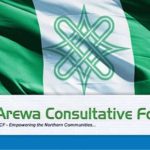



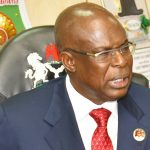
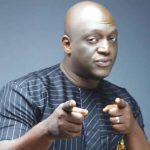

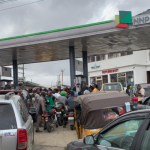



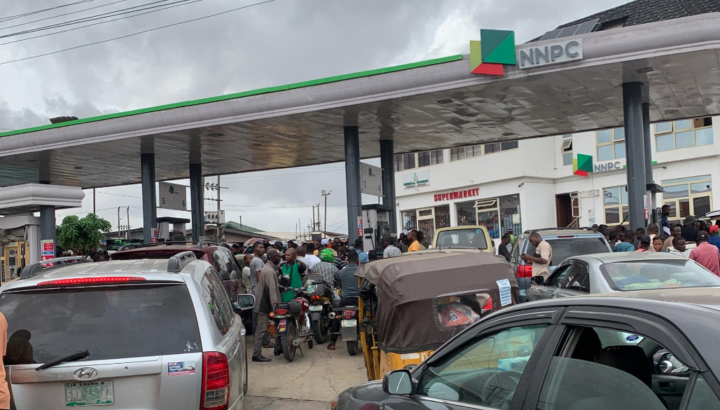
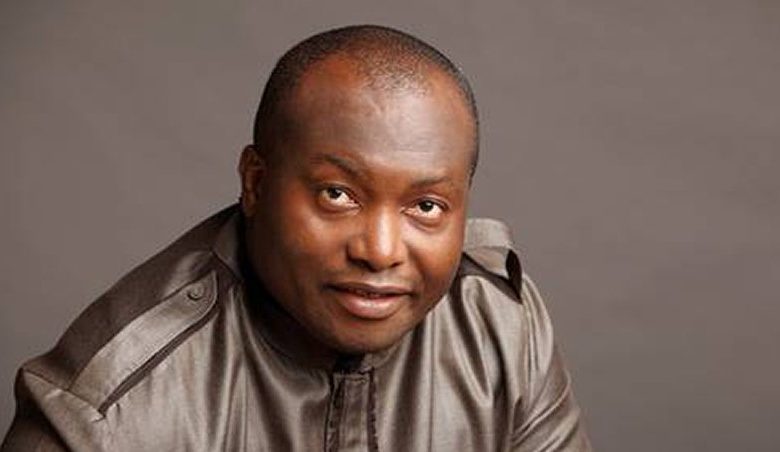
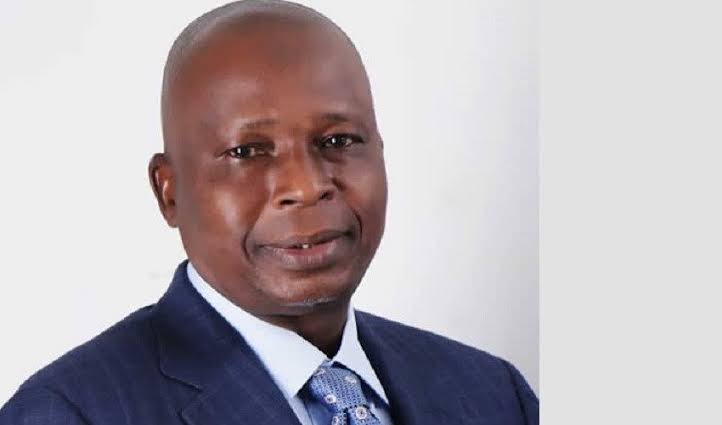
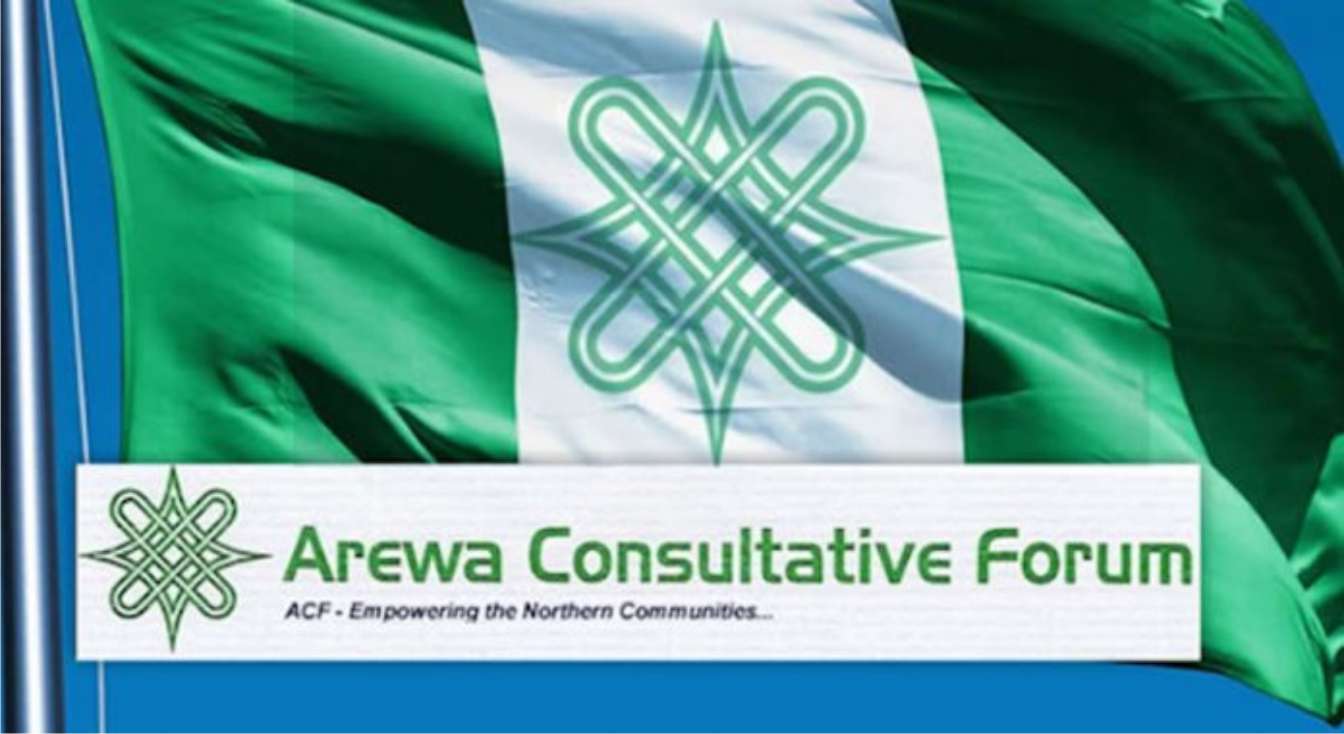
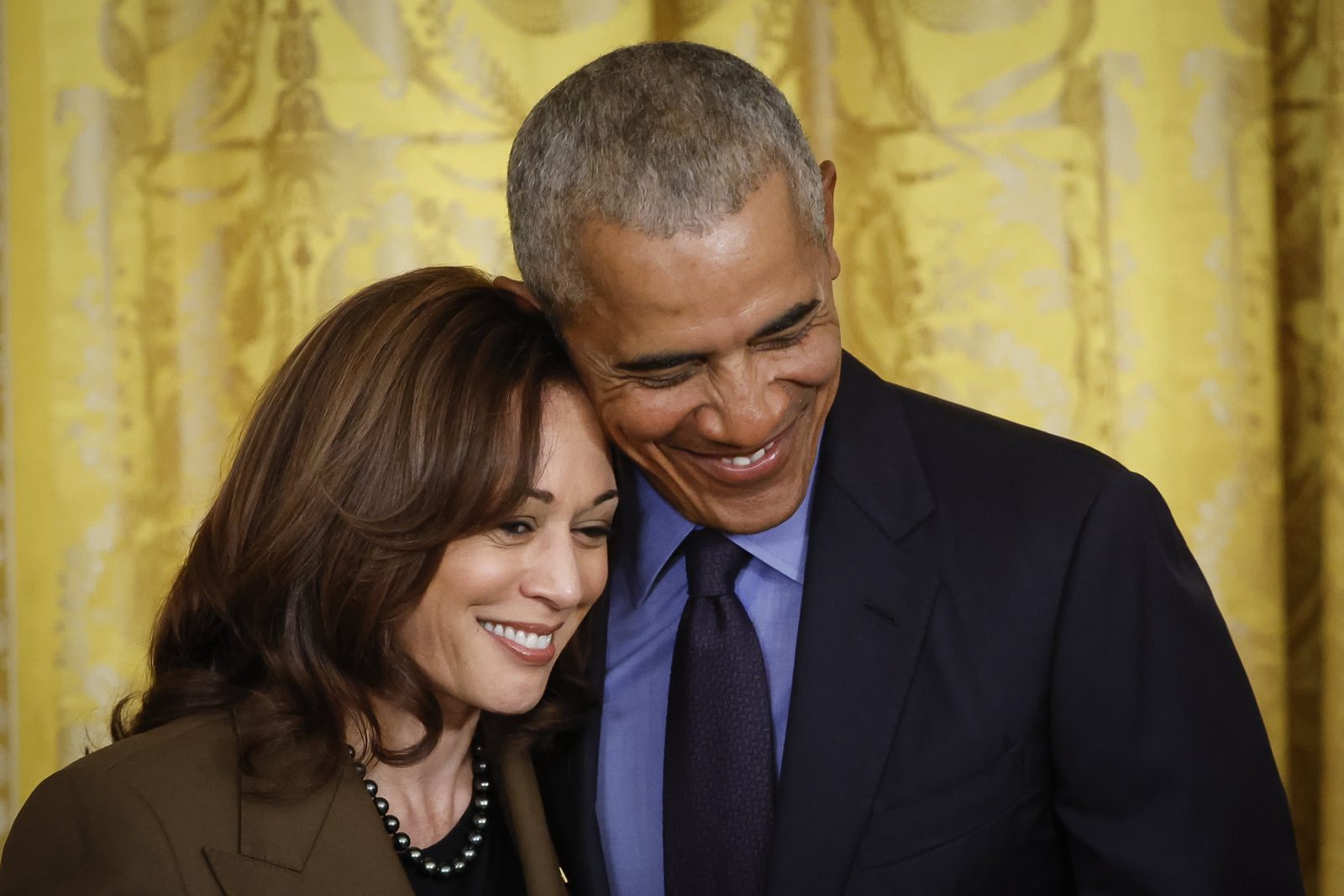




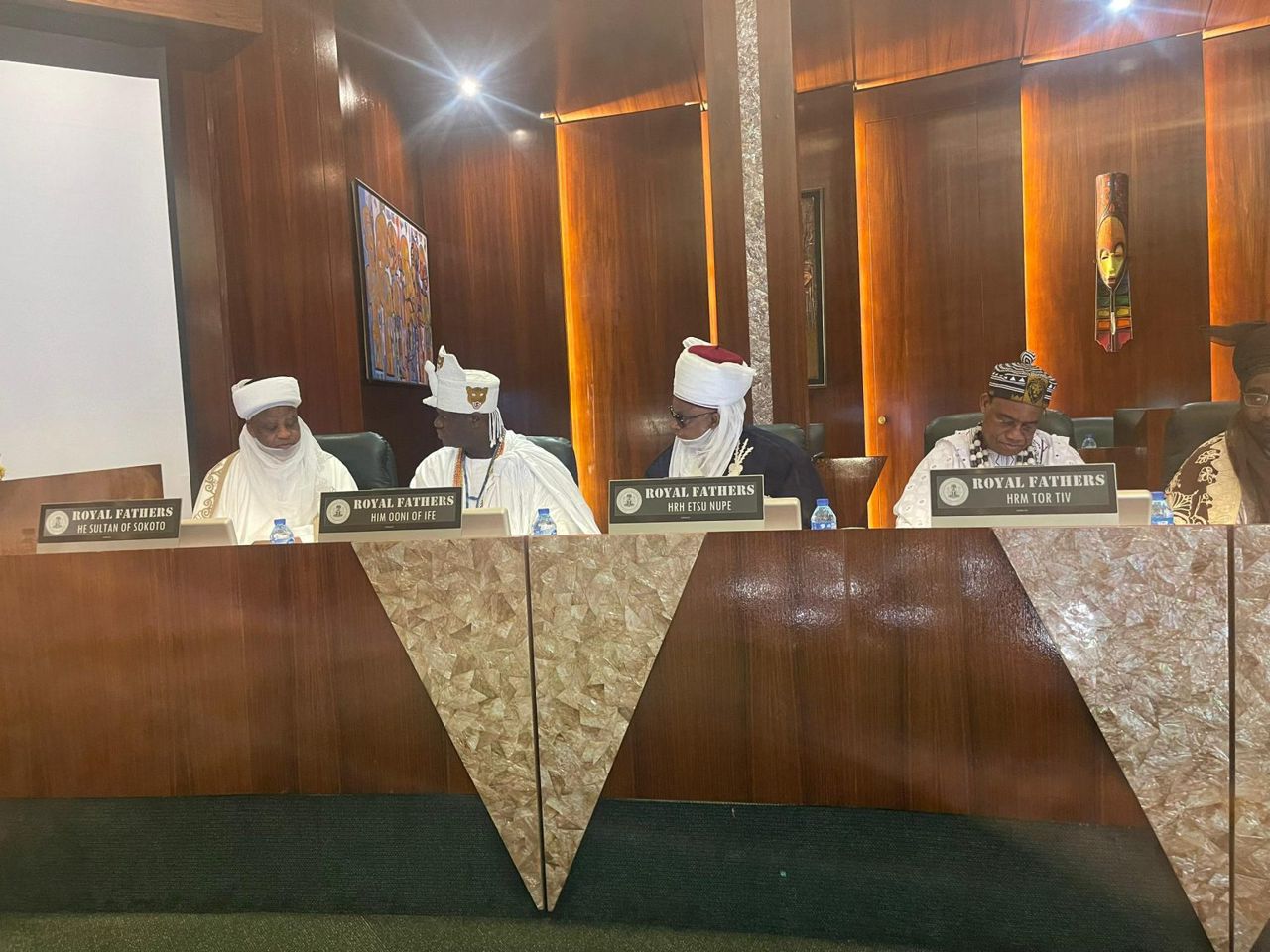

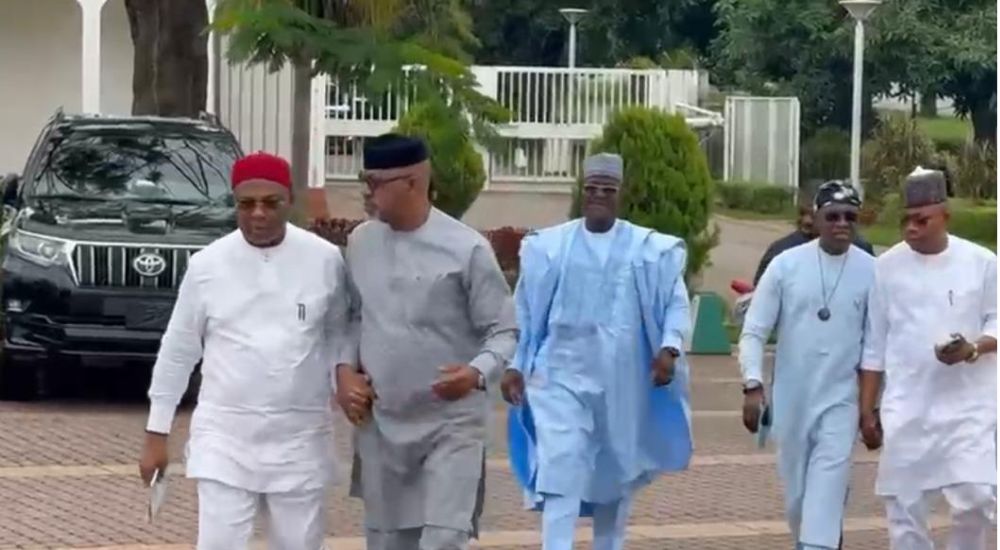


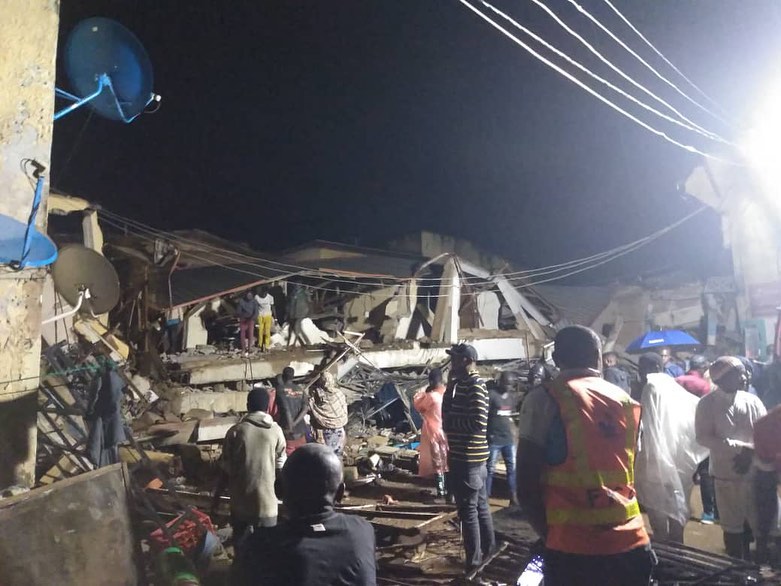
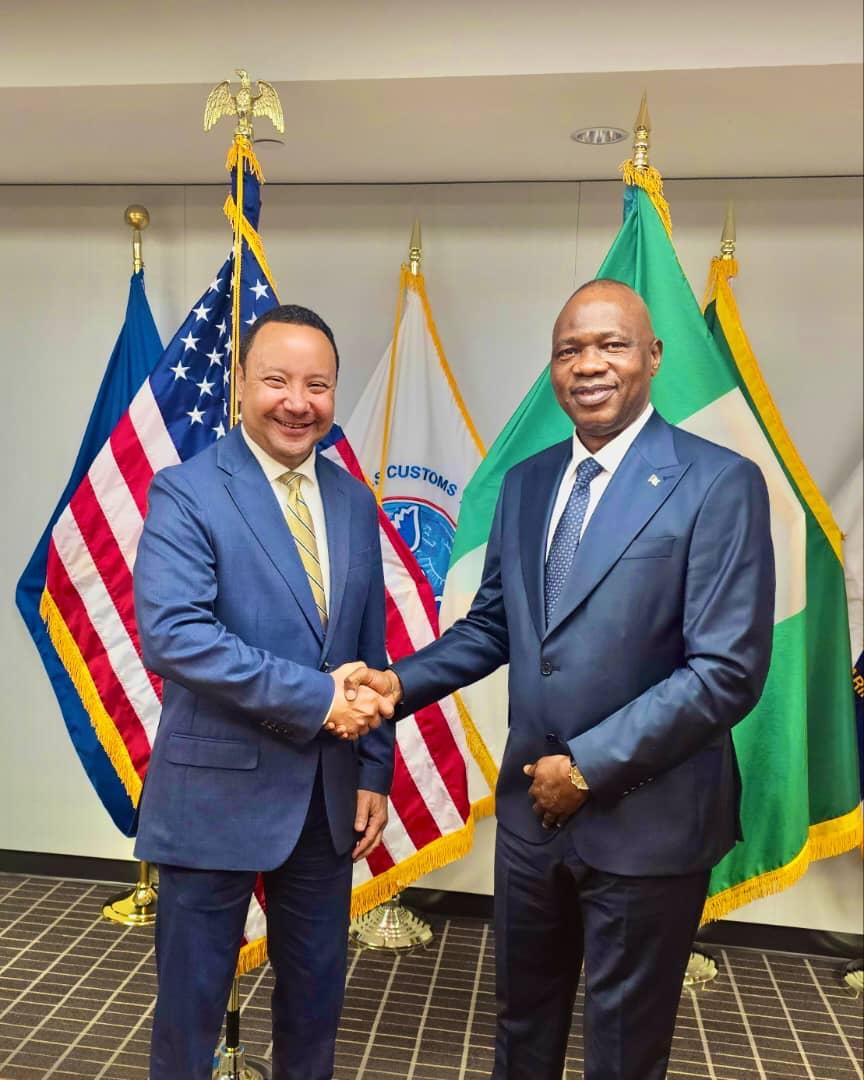
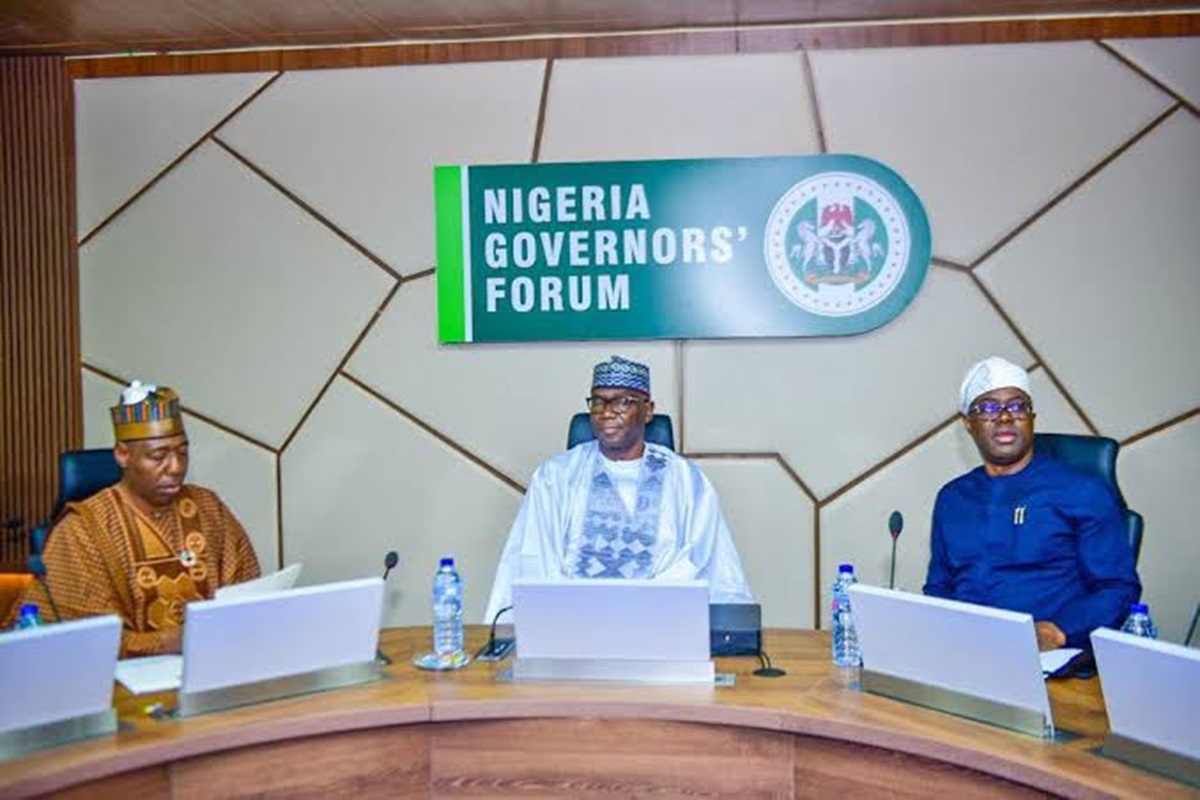
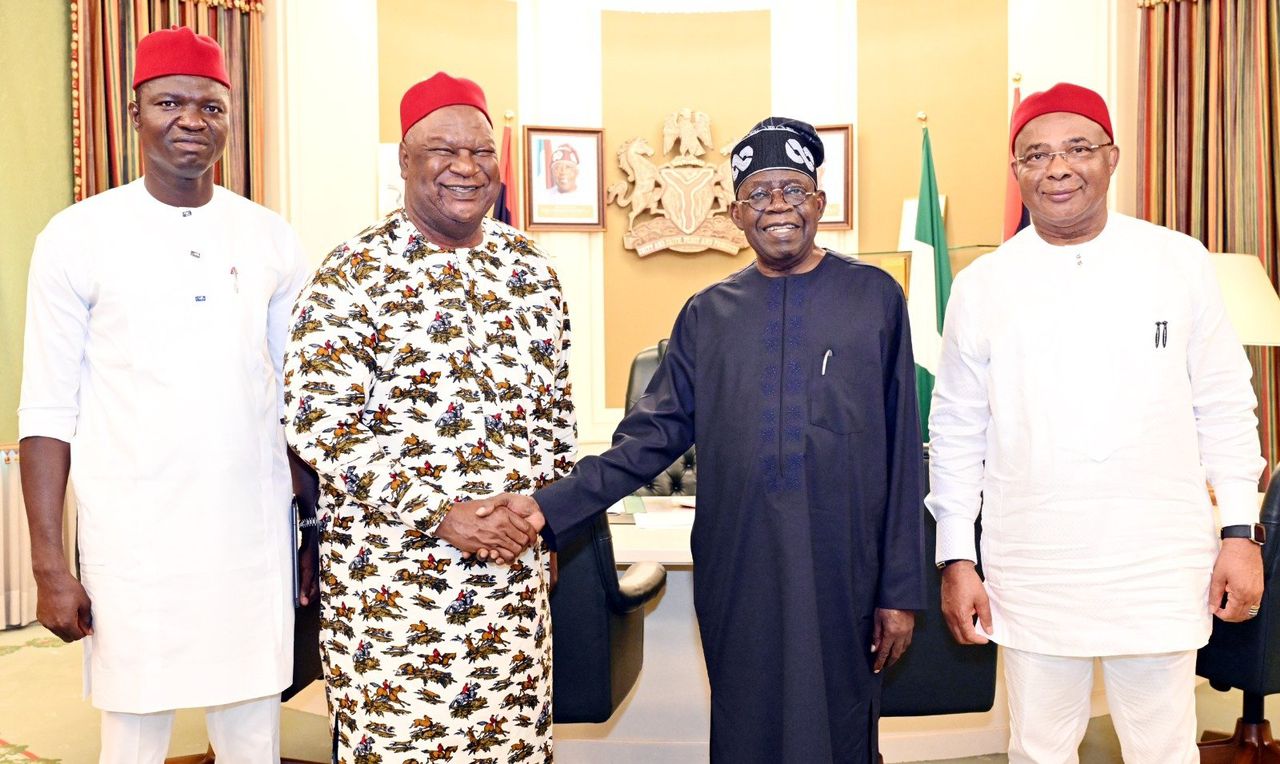
Leave a comment